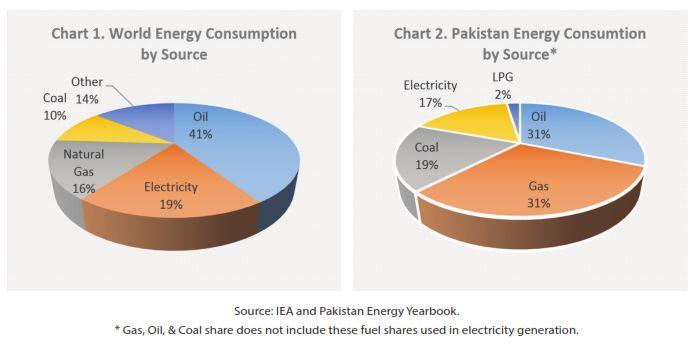
Sui Northern Gas Pipelines Limited (SNGPL) conducted raids in Punjab, Khyber Pakhtunkhwa, and Islamabad on Monday, resulting in the disconnection of 461 connections and the imposition of fines totaling Rs 6.63 million.
Crackdown in Punjab
In Lahore, a regional team disconnected 20 connections due to illegal gas usage and an additional nine for compressor use. In Rawalpindi, SNGPL disconnected 97 connections for illegal gas usage and five for compressor usage, with fines totaling Rs 0.42 million imposed for gas theft cases. A gas theft incident led to an FIR registration. In Multan, one connection was severed for illegal gas usage and 26 for compressor use, with fines of Rs 0.04 million imposed for gas theft.
In Sahiwal, six connections were disconnected for compressor use. 88 disconnections in Sheikhupura came as a consequence of illegal gas usage and one for compressor use, with fines totaling Rs 1.8 million. In Bahawalpur, 44 connections underwent disconnection for illegal gas usage and 15 for compressor use, with a fine of Rs 0.14 million imposed on gas pilferers. In Faisalabad, six connections were disconnected for illegal gas usage and five for compressor use, with a fine of Rs 0.09 million imposed for gas theft cases.
KPK
In Peshawar and Karak, the company disconnected 130 connections for direct gas usage and imposed fines of Rs 4.14 million for gas theft cases, lodging 10 FIRs against gas pilferers. In Mardan, eight connections disconnected after lodging of FIR.
Gas Use: World and Pakistan
Gas ranks as the third-largest energy source consumed globally. Pakistan accounts for less than 1 percent of global gas consumption. The country fulfills its energy requirements through a combination of imported and indigenous resources, with a ratio of 44:56.

Natural gas and imported LNG collectively contribute over 40 percent to Pakistan’s current energy mix. This also includes their utilization in electricity generation. Over recent years, Pakistan has experienced a significant surge in gas demand. Nonetheless, gas exploration and production have seen a decline. Weaknesses in the operational and regulatory framework for LNG result in nationwide shortages and escalated supply expenses.
State Interference in Gas Sector
All activities within the gas sector in Pakistan, whether direct or indirect, fall under government jurisdiction.
Despite the establishment of an independent regulator in 2002 to oversee downstream activities, its efficacy remained compromised. This was mainly due to extensive government influence across the supply chain. The prevailing OGRA law mandates significant government intervention in the oil and gas regulatory system, rendering the regulator ineffective.
Government interference in the affairs of service providers has resulted in cross-subsidization and an overall deficit in the gas sector. The circular debt in the gas sector has surpassed Rs 1.5 trillion, primarily attributed to both utilities, SNGPL and SSGCL. The discrepanicies between consumer prices and determined revenue requirements.
Government irregularities in regulatory frameworks and inadequate policy formulation impede sectoral growth and introduce inefficiencies into the supply chain. Politically influenced resource allocations and monopolistic business practices serve as significant impediments.

